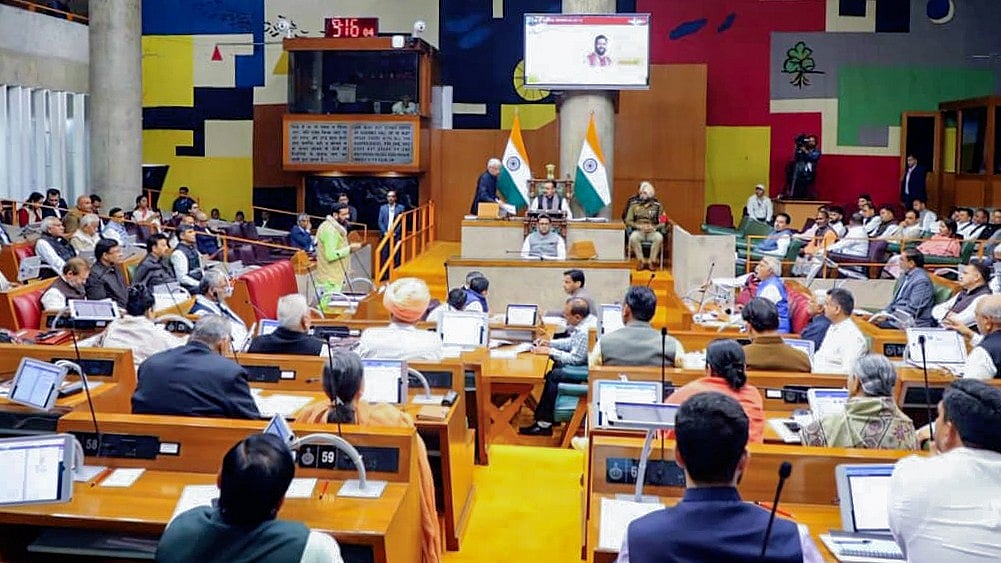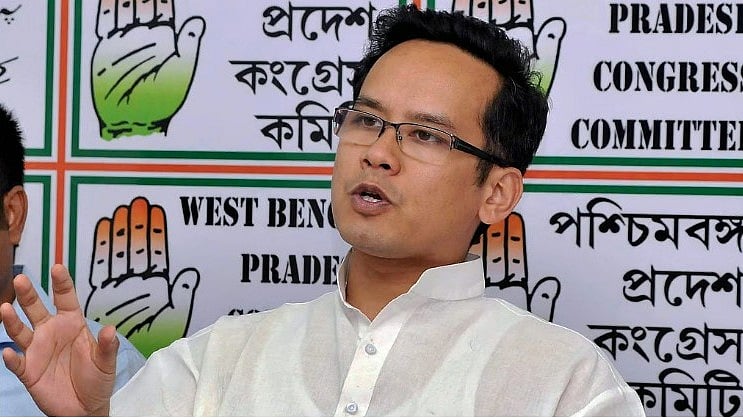For most individuals past a certain prime, the 50s are an age when one has to step back and reflect on the times gone by, and develop an outlook based on the sum of one’s lived experience.
Like men, this may be a time for the Shiv Sena, which enters its 54th year on Friday, to similarly think and reflect. This occasion is unlike those in the past. It is for the first time that a member of the Thackeray family —Shiv Sena president Uddhav Thackeray— is leading the government in Maharashtra.
The Shiv Sena’s break with three-decade old ally, Bharatiya Janata Party (BJP), and an alliance with the Nationalist Congress Party (NCP) and Congress, presents it an opportunity to reframe its politics.
The Sena, as many would agree, has no ideological position, theory or program to boast of, barring the cause of the Marathi manoos.
The alliance with the BJP and its shift to aggressive Hindutva had hobbled the Shiv Sena’s pro-Marathi space, due to its incongruence with the agenda of Marathi. Embracing Hindutva meant that the Shiv Sena had to ignore the social and cultural assertion by non-Marathi linguistic groups like Gujarati and Hindi speakers in Mumbai and surrounding areas. This bred discontent among it’s working class supporters, who compete with Hindi speakers in the city’s burgeoning informal economy.
This dilemma was exploited by the rival Raj Thackeray-led Maharashtra Navnirman Sena (MNS), which however turned out to be a flash in the pan.
The Shiv Sena’s maiden participation in a non-BJP alliance, regardless of the questions about how long this will continue, has presented it an opportunity to recast its brand of politics.
The Sena can now strengthen its nativist base and emerge as a pan-Maharashtra political party by expanding beyond its traditional Mumbai-Thane belt.
There is a sentiment that Maharashtra, the most industrialised and urbanised state in India, pays the price for its development, when it comes to devolution of taxes, allocation of resources and in-migration.
The Shiv Sena, which is in an alliance with one regional (NCP) and a national party (Congress), can use the opportunity to demand that the terms of the federal structure of the country, and centre-state relations be reworked.
With chances that the intense competition for resources between states may be the new normal in an era of COVID-19, the Shiv Sena can use this regional plank to counter the hyper-nationalist agenda of the BJP.
As the ruling party, the out-migration of workers from other states has also given the Sena the opportunity to walk the talk over its demand for the sons of the soil (those domiciled in Maharashtra for 15 years) getting preference in jobs. Incidentally, it was Uddhav’s grandfather, the fiery social reformer, anti-caste activist and journalist ‘Prabodhankar’ Keshav Sitaram Thackeray, who had first raised this issue in 1922.
More importantly, the Shiv Sena’s future may also lie in its ability to expand the scope of its language and identity politics to develop an ecosystem that links this to economics.
For as the doyen of the Communist movement S.A Dange, presciently warned the Shiv Sena at its first state-wide convention (1984), it's Achilles heel is that it has no theory, and it is impossible for an organization to survive sans one…




